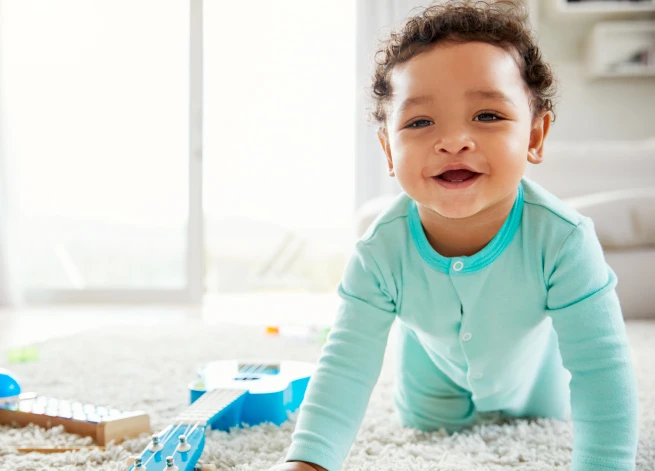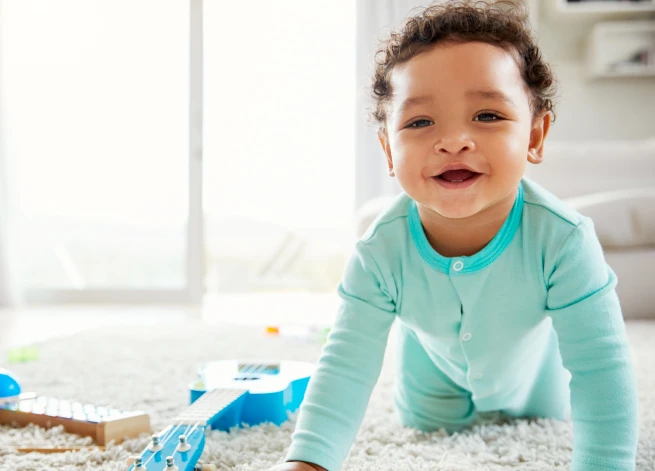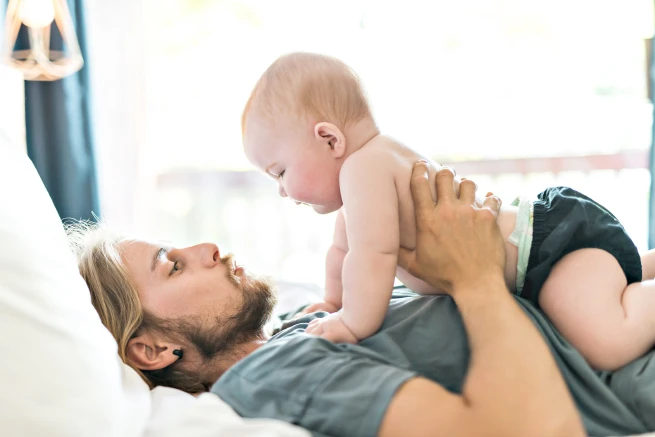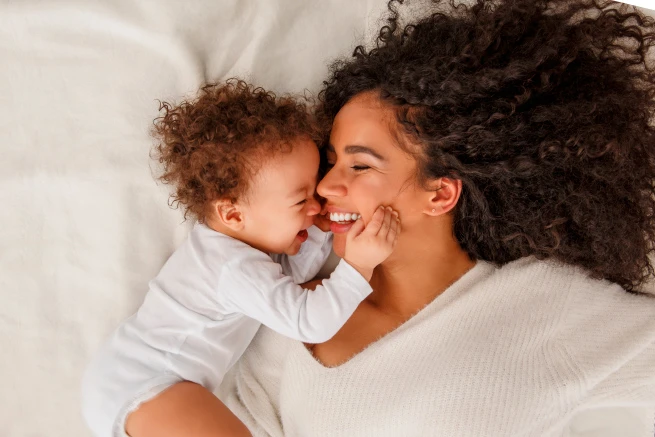Symptoms of mumps in kids
If you suspect a case of mumps, look for these common symptoms:
The glands at the side of their jaw are swollen which can cause difficulty swallowing
Aches and pains such as headaches and joint pain
Loss of appetite
Pain while chewing or swallowing
Fever (38°C or above) which may develop a few days before the swelling of the neck
Generally feeling tired and run down
It's important to contact your GP if you notice these symptoms, so they can confirm or rule out a mumps diagnosis.
How long does mumps last?
The infection should pass within one or two weeks.
How long will my little one remain infectious?
Mumps is infectious and your little one is most contagious a few days before symptoms develop and for a few days after.
It’s best to keep your child away from other children for at least five days after their symptoms first develop.
You can help stop mumps spreading to others by being careful about washing your hands and disposing of tissues when your little one sneezes.
When to call a doctor for childhood mumps
Mumps itself is not usually serious, but it can have similar symptoms to more serious types of infection, like glandular fever and tonsillitis. So, if you think your child has mumps it's best to see your GP to confirm.
Mumps Treatment options
Although there’s no specific treatment for mumps, there are lots of things you can do to help alleviate their symptoms .
Make sure they get plenty of rest
It’s important your child gets as much rest as possible. Sleep can help their immune system fight off infection.
Check their temperature
Mumps can cause children to feel feverish, so keep an eye on their temperature. If you suspect they
have a fever , look out for signs of dehydration and make sure they get plenty of fluids.
Ease muscle aches and headaches
Aches and pains can make it hard for your little one to settle and get the rest they need. Here are some options that can help:
Try a paracetamol-based medicine that gives them pain and fever relief, like CALPOL® Infant Original Suspension. It’s suitable for babies and children aged 2 months to 6 years, weighing over 4kg and not premature.
For children 6 years and above, try a paracetamol-based medicine, like CALPOL® SIXPLUS™.
Alternatively, you can also try an ibuprofen-based medicine, like CALPROFEN® Ibuprofen Suspension, which can be given to children from 3 months to 12 years and weighing over 5kg, who have pain or fever. It starts to work on a fever in just 15 minutes and keeps on working for up to 8 hours.
3 tips for alleviating mumps symptoms
Give your child their favourite soft food that doesn’t need a lot of chewing, which they’ll find easier to eat, like mashed potatoes or porridge.
Try gently pressing a warm or cool compress against their swollen glands to help reduce any pain.
Make sure they drink lots of fluids.



